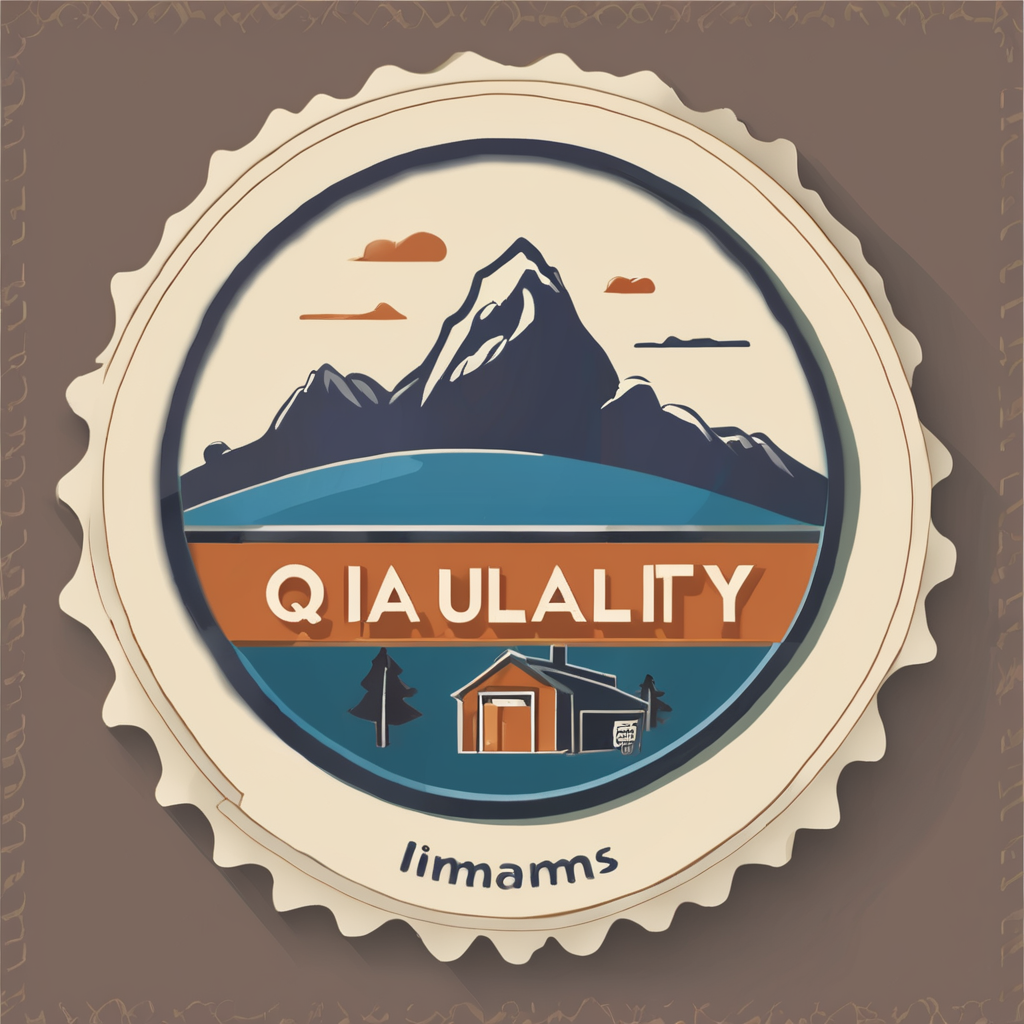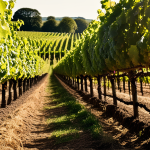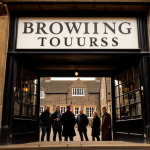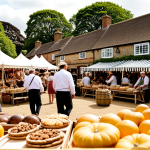Unveiling the UK’s Rich Cultural Diversity
The UK culture is a vivid tapestry shaped by centuries of historical influences and a rich multicultural heritage. From Celtic roots to Roman occupation, and later waves of migration, the country’s cultural diversity runs deep, affecting language, art, and daily customs. Each region expresses its identity uniquely, contributing to the UK’s overall mosaic.
Scotland’s Highland traditions, Wales’s Celtic language preservation, and England’s blend of ancient customs alongside modern multiculturalism illustrate this. Northern Ireland’s mix of Irish and British heritage, combined with immigrant contributions in cities like London, Manchester, and Birmingham, enrich this diversity even further.
Additional reading : Discover the optimal seasons to explore iconic uk landmarks
Immigrant communities have played a significant role, introducing new cultural elements such as cuisine, festivals, and art. These influences are now integral parts of British heritage, showcasing how historic and contemporary waves have continually reshaped the nation. Understanding this context is essential for appreciating the nuances of the UK’s culture and its many regional traditions.
Immersive Cultural Experiences Beyond Tourist Hotspots
Discovering authentic UK experiences often means stepping away from well-trodden paths to explore lesser-known towns and villages. These offbeat destinations hold rich stories embedded in regional traditions, offering a chance for deeper connection with local life. For example, rural villages in the Lake District or hidden gems in Cornwall provide atmospheres steeped in history and distinct customs, often missed by mainstream tourism.
Also read : Why nature enthusiasts flock to the uk: discover its wild allure
Engaging with local communities is key to these authentic experiences. Participating in everyday activities such as market days or craft workshops opens doors to understanding the subtleties of British heritage. Staying in independent accommodations or guesthouses enhances this connection, as hosts share personal insights and local legends, enriching the journey beyond usual sightseeing.
Moreover, community travel supports the preservation of cultural diversity by empowering residents economically and socially. By choosing these travel styles, you can enjoy genuine interactions while contributing to sustaining local traditions already highlighted in the UK’s rich cultural landscape. Such immersive experiences reveal the living fabric of the UK’s cultural diversity, making your visit memorable and meaningful.
Traditions and Festivals: Celebrating the UK’s Vibrant Calendar
Celebrating UK festivals offers a window into the nation’s rich British traditions and dynamic local celebrations that pulse throughout the year. From the Highland Games in Scotland, showcasing traditional sports and clan heritage, to England’s Notting Hill Carnival, a vibrant Caribbean-inspired street festival, these events embody the country’s broad spectrum of folk culture.
Each festival has deep historical roots reflecting regional identities. For example, the May Day celebrations in rural England celebrate seasonal change with folk dances and Morris dancing, illustrating longstanding regional traditions. Participating in these festivities requires awareness of local etiquette: arriving early, respecting procession routes, and engaging warmly with communities enhance the experience.
Authentic involvement means more than observation; joining in crafts, music, or traditional food tasting amplifies connection to the British heritage. These festivals also spotlight how immigrant communities have enriched UK culture, blending old and new customs seamlessly. Experiencing this calendar of events reveals the lively and inclusive spirit at the heart of the UK’s cultural diversity.
Traditions and Festivals: Celebrating the UK’s Vibrant Calendar
The UK festivals calendar bursts with events rooted deeply in British traditions and folk culture. Each region’s local celebrations reflect historic customs passed down through generations, offering immersive insights into the nation’s diverse identity. For instance, Scotland’s Highland Games showcase ancient athletic contests tied to clan heritage, while the Notting Hill Carnival in London celebrates Caribbean culture through vivid parades and music.
Participating in these festivals requires understanding certain etiquette. Engaging respectfully enhances enjoyment and shows appreciation for local celebrations. For example, during harvest festivals, visitors often join community dances or sample traditional foods, immersing themselves in authentic practices.
Distinctive traditions vary widely—from the fire festivals in Northern England to Wales’s Eisteddfod, a celebration of poetry and music. These events sustain the UK’s folk culture, allowing both locals and visitors to connect with centuries-old practices that continue to thrive.
By attending such events, visitors experience the vibrant cultural diversity embedded in the UK’s yearly festivities, gaining a richer, firsthand appreciation of its multi-layered heritage and living traditions.
Savoring Local Flavours: Culinary Adventures Across the UK
Exploring UK food culture unveils a delicious panorama of traditional British cuisine enriched by distinct regional dishes. From Scotland’s smoky haggis to Cornwall’s famous pasties, each area showcases unique flavours tied deeply to its local heritage. Farmers’ markets across the UK offer fresh, seasonal ingredients, providing insight into the food traditions celebrated at home and beyond.
Food markets are prime spots for sampling authentic local fare, where vendors often share stories about recipes passed through generations. Independent eateries and family-run pubs further immerse visitors in British heritage, delivering tastes that reflect the country’s diverse cultural influences. Engaging in cooking classes or dining with locals enriches this journey, fostering firsthand appreciation of the UK’s culinary fabric.
These immersive experiences reveal how food connects to community identity and cultural diversity. Trying regional recipes encourages exploration of ingredients, techniques, and customs that sustain the UK’s vibrant food culture. Whether at bustling markets or cozy kitchens, savoring local flavours is essential to understanding the country’s rich cultural tapestry.
Savoring Local Flavours: Culinary Adventures Across the UK
Exploring UK food culture reveals a rich palette rooted in traditional British cuisine alongside vibrant regional specialities. Sampling iconic dishes such as Yorkshire pudding in northern England or Cornish pasties in the southwest highlights the country’s deep connection to regional dishes. Each plate tells a story of local ingredients and centuries-old cooking methods, underscoring the UK’s culinary diversity.
Farmers’ markets and food festivals are ideal places to experience fresh produce and artisanal products. Markets in cities like Cardiff or Glasgow showcase local meats, cheeses, and baked goods that reflect regional heritage and seasonality. Joining a food tour helps visitors uncover hidden gems and offers insider knowledge about the origins and preparation of traditional meals.
For those seeking immersive experiences, cooking classes with local chefs or dining in family-run eateries provide hands-on appreciation of British culture. These encounters foster genuine connections and deepen understanding of the cultural layers behind each dish. Embracing the UK food culture in this way transforms a meal into a memorable cultural journey, enriching your visit beyond standard tourist fare.
The Artistic Heartbeat: Exploring UK Arts and Creative Scenes
The UK art scene pulses with vibrant energy, blending historic legacies and contemporary innovation. Galleries in cities like London, Glasgow, and Cardiff showcase works from renowned local artists alongside emerging talents. Visiting these spaces offers insight into the fusion of traditional and modern styles that define today’s British creativity.
Live performances are a cornerstone of the UK’s cultural identity. Historic theatres such as the Globe in London and the Edinburgh Festival Theatre host diverse productions, from Shakespearean drama to avant-garde performances, reflecting a deep respect for folk culture and evolving narratives.
Engaging with craftspeople through studio tours and workshops lets visitors witness age-old craft traditions firsthand. In regions like Cornwall and Yorkshire, artisans keep heritage alive by teaching pottery, weaving, and metalwork, fostering personal connections to British heritage.
Street art and folk music scenes further enrich this creative landscape, illustrating the UK’s dynamic cultural tapestry. These art forms empower communities, promoting dialogue between past influences and contemporary expression, underlining the nation’s ongoing celebration of diversity and innovation.
Unveiling the UK’s Rich Cultural Diversity
The UK culture reflects a complex blend of historic and contemporary influences, rooted deeply in regional traditions and shaped by its multicultural heritage. Across England, Scotland, Wales, and Northern Ireland, distinct customs persist, each representing unique facets of the nation’s identity. For example, Scotland’s Gaelic language and Highland dress preserve ancient lineage, while Wales sustains its Celtic roots through language and festivals. These regional differences contribute significantly to the UK’s composite cultural landscape.
Immigrant and minority communities have also enriched this diversity. From South Asian culinary traditions to Caribbean music and African art, their contributions have become integral to modern British heritage. This blend has fostered a vibrant cultural mosaic that constantly evolves yet respects its historic foundations.
Understanding these layers explains why UK culture cannot be neatly defined; it is a living continuum of traditions and influences. Appreciating the varied cultural expressions found across the UK deepens one’s insight into its societal fabric, where old customs harmonize with new cultural imprints, reflecting the nation’s dynamic and inclusive nature.





